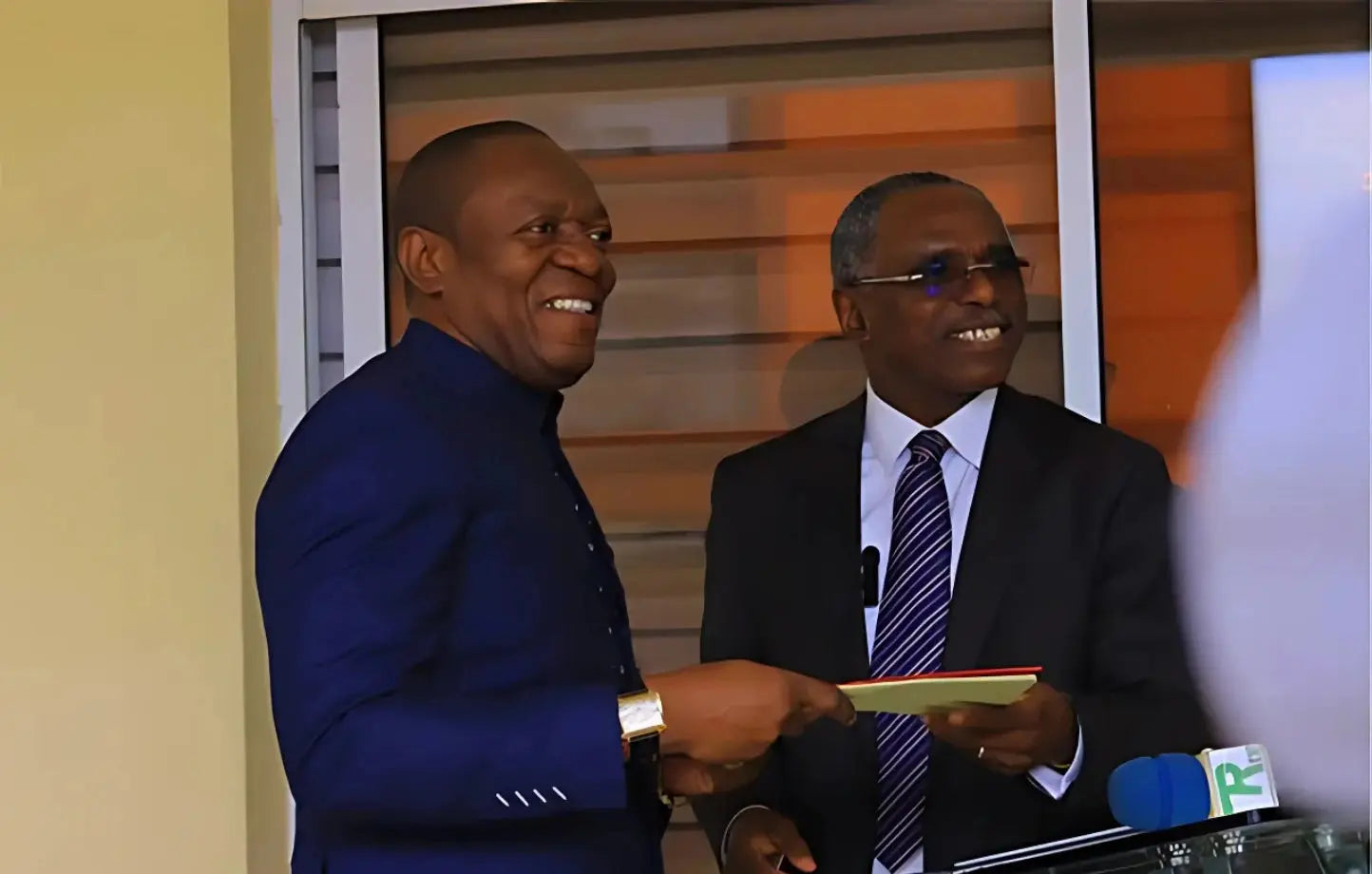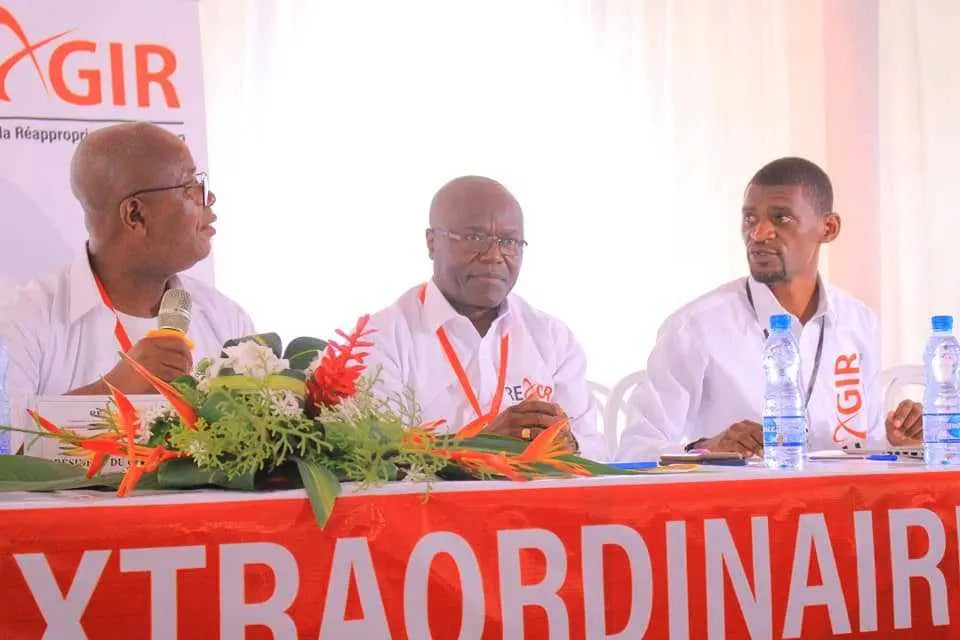
New Gabonese Constitution: An alarming step backwards on Oligui's promises regarding foreign land ownership
As Gabon prepares to vote in a referendum on the draft of a new Constitution, a significant change is attracting attention: the possible possibility for foreigners, whether individuals or legal entities, to acquire land on national soil. This development contrasts with paragraph 2 of article 28 of the Transition Charter, which strictly prohibits the sale of land to non-nationals.
Statements by the President of the Transition
During the 2023 Housing Summit, the President of the Transition, Brice Oligui Nguema, expressed his opposition to the acquisition of land by foreigners. He insisted on the need to protect national land resources, thus reassuring the population on the preservation of Gabon's sovereignty in land matters.
A notable legal development
The Transition Charter, currently in force, clearly states in its article 28, paragraph 2:
“The sale of land to non-nationals is prohibited in the Gabonese Republic.”
This provision provides strong constitutional protection against foreign influence on Gabonese lands.
However, the draft new Constitution changes this approach. Article 20 of the draft reads as follows:
"Every Gabonese citizen, whether alone or collectively, has the right to property. No one may be deprived of his property, except when legally established public necessity so requires and on condition of fair and prior compensation; however, real estate expropriations undertaken for reasons of public utility, for insufficiency or lack of development, and targeting registered properties, are governed by law.
The conditions and terms of access to property are set by law.
This new wording no longer explicitly mentions the ban on non-nationals acquiring land, leaving the conditions of access to property to later laws.
Potential implications for land sovereignty
The lack of explicit mention of the ban on land acquisition by foreigners creates legal uncertainty. If future laws do not provide for clear restrictions, multinational companies or foreign individuals could potentially acquire land in Gabon, particularly in strategic sectors such as forestry, mining or agriculture.
This situation could lead to a loss of control over essential natural resources, to the detriment of local populations and national sovereignty. Foreign actors with significant financial capacity could exploit these legal openings to appropriate Gabonese land.
A call for vigilance before the referendum
As the referendum approaches, it is crucial that citizens are fully informed about the changes proposed by the draft Constitution. The issue of access to land ownership by foreigners deserves special attention, given the potential risks to the country's economy and sovereignty.
The authorities are urged to clarify this issue and ensure that the protection of Gabonese land remains a national priority. Increased transparency on future legislative intentions regarding access to property could reassure the population and avoid possible disputes.
💬 Explore the new Constitution with our smart chatbot!


